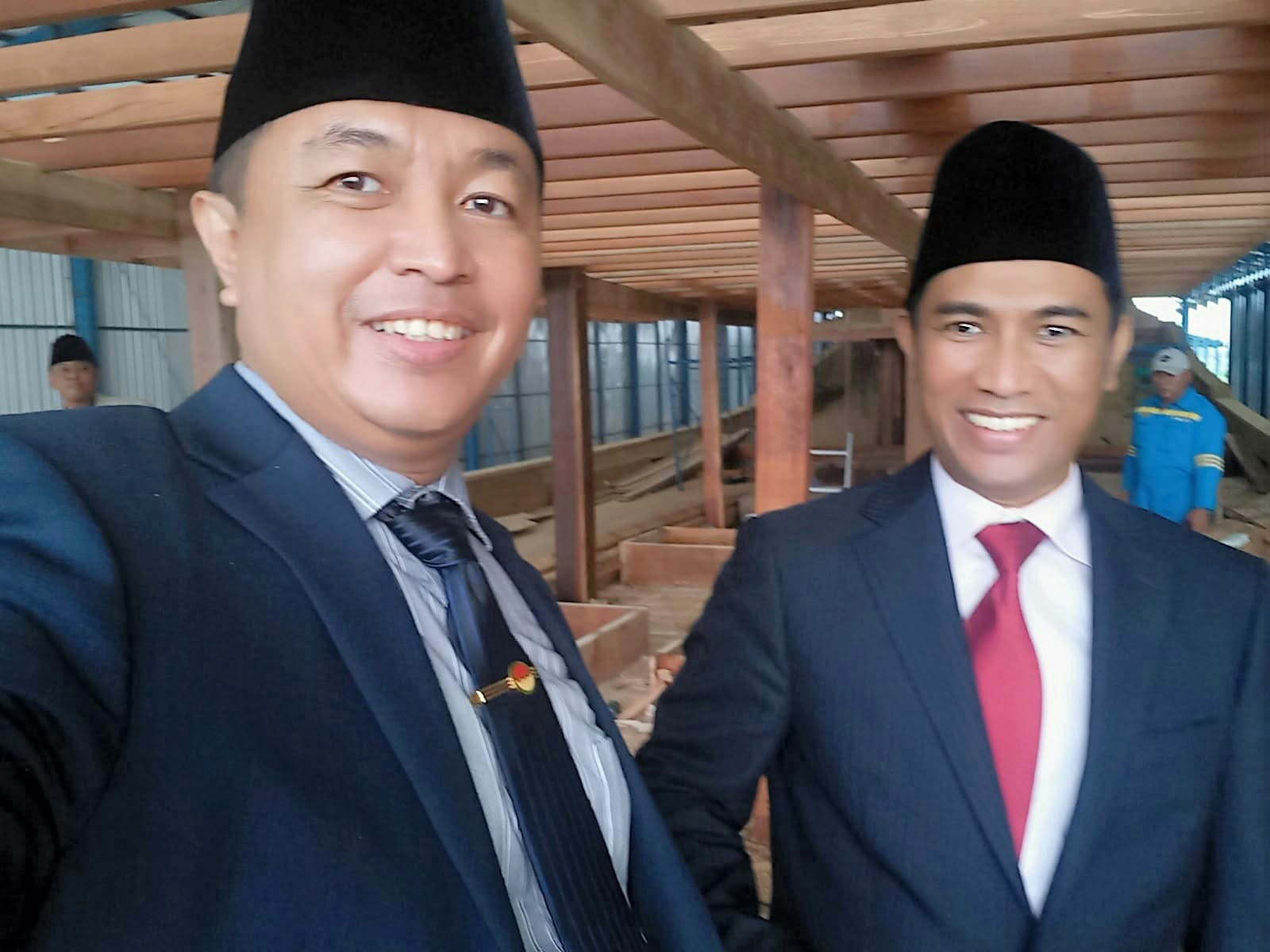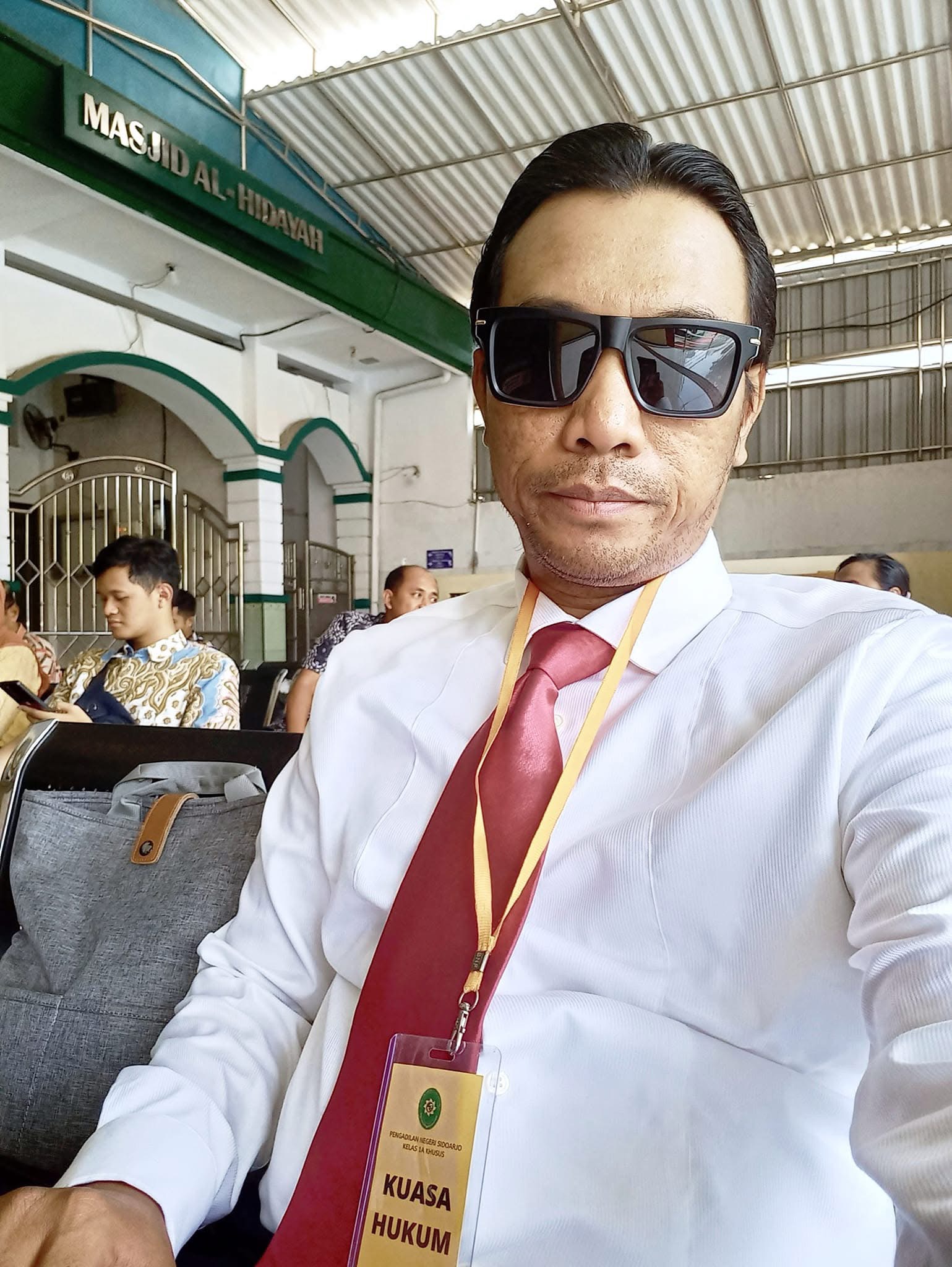United Nations High Commissioner for Human Rights Volker Türk
AT
Geneva
Mr. President,
Israel’s strike on negotiators in Doha on 9 September was a shocking breach of international law, an assault on regional peace and stability, and a blow against the integrity of mediation and negotiating processes around the world.
As such, I condemn it, and call on this Council and all governments to do the same.
The Secretary General has pointed out that Israel’s action was a flagrant violation of the sovereignty and territorial integrity of Qatar. The members of the Security Council also expressed their condemnation.
The attack violated the right to life under international human rights law, and the principles of international humanitarian law.
Targeting parties engaged in internationally supported mediation on its territory undermines Qatar’s key role as a facilitator and peace broker. It is an attack on global efforts to resolve conflicts peacefully.
I urge this Council to reaffirm the central importance of mediation processes, and to call for accountability for unlawful killings.
Mr. President,
Laws exist to defend values central to our societies, and to our world.
The rules of war, which govern every party to armed conflict, were agreed over decades for the common good.
Under those rules, the distinction between civilian and military targets is fundamental.
An attack may never be targeted at civilians who are not taking a direct part in hostilities.
At their core, the main purpose of the rules of war is to minimise the use of armed force, and to prevent and ease the suffering of civilians.
When countries ignore them, they undermine the protection of civilians, everywhere.
In the case of the Israeli attack in Doha, the Hamas delegation was in Qatar to negotiate for a ceasefire – a vital step towards peace.
Peace that is so desperately needed in Gaza, in the occupied West Bank, in Lebanon, in Syria, in Yemen and across the entire region.
Mr. President,
The Israeli attack was concurrent with other actions which are destroying any prospect of the two-state solution – the only route to sustainable peace.
On the same day as the attack, Israel signalled a new phase of its assault on Gaza, with a displacement order for some one million people to leave Gaza City, without necessary provision for their safety and security. This is another blatant contravention of international humanitarian law.
Meanwhile, as funerals were held for those killed in Doha, the Israeli Government formally signed off on the so-called E1 project near East Jerusalem. The Prime Minister described this project as fulfilling the Government’s promise to stop the creation of a Palestinian State.
This is the latest in a long list of illegal facts on the ground that are bringing the two-state solution closer and closer to a point of no return.
Mr. President,
Our hearts break for the civilians of Gaza; for the Israeli hostages and their loved ones; for those arbitrarily held in Israeli prisons and their families.
War without laws means a future of endless cruelty and suffering for civilians, both Palestinian and Israeli.
This attack demonstrates the urgent need for Member States to step up. Few have done so.
The United Nations has been on the ground throughout, delivering aid and documenting violations, at huge cost. Hundreds of our own colleagues have been killed.
Nearly two years after the appalling terror attacks of 7 October 2023 and the ensuing escalation in violence, this carnage has to stop. Member States cannot wait any longer.
They have an obligation to take concrete action to stop egregious violations of international law, including those spelt out by the International Court of Justice.
They must stop the flow to Israel of arms that risk violating the laws of war.
They must apply maximum pressure for a ceasefire, the release of all hostages and those arbitrarily detained, as well as the entry of sufficient humanitarian aid into Gaza.
And I urge them to do everything possible to support the right to self-determination for the Palestinian people.




